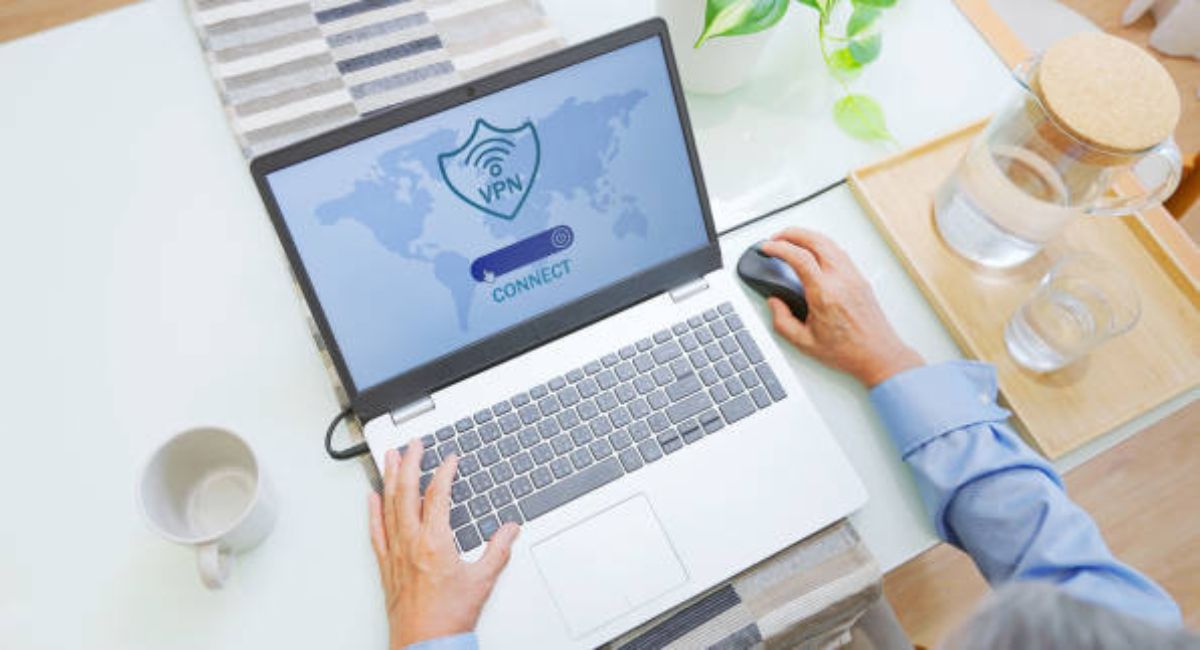Best VPNs for Privacy 2025: Secure, Anonymous & Safe Online Browsing
Introduction: Why VPNs Are Essential for Online Privacy
In today’s digital-first world, online privacy is more than a preference — it’s a necessity. From advertisers tracking your every click to cybercriminals stealing sensitive information, the internet can feel like an open book. This is where a VPN (Virtual Private Network) comes in. But not all VPNs are created equal. If your goal is true privacy protection, choosing the best VPN for privacy can make or break your online security.
This guide dives deep into VPN use cases, benefits, limitations, expert insights, and best practices to help you achieve maximum protection while browsing, streaming, or working online.
What Makes a VPN the Best for Privacy?
Not every VPN lives up to its promises. To be considered a top choice for privacy, a VPN should include:
- No-logs policy – Verified by independent audits.
- Strong encryption (AES-256 or higher) – Prevents interception of your traffic.
- Secure protocols – Such as WireGuard, OpenVPN, or IKEv2/IPSec.
- Jurisdiction outside surveillance alliances – Countries outside the 5/9/14 Eyes avoid mandatory data retention.
- Kill switch – Ensures data doesn’t leak if the VPN disconnects.
- Advanced privacy features – Multi-hop connections, obfuscation, DNS leak protection.
💡 Expert insight: A VPN based in privacy-friendly regions like Panama or Switzerland generally offers stronger legal protection for your data.
Practical Applications of a Privacy-Focused VPN
A VPN for privacy is not just for tech enthusiasts. Here’s how it helps in real-world scenarios:
1. Protecting Sensitive Data on Public Wi-Fi
Whether at airports, cafés, or hotels, public Wi-Fi is a hacker’s playground. A VPN encrypts your traffic, shielding passwords, emails, and financial data from cybercriminals.
2. Anonymous Browsing & Avoiding Tracking
Advertisers, ISPs, and even governments track your browsing activity. A VPN masks your IP address, making it nearly impossible to link online actions back to you.
3. Bypassing Geo-Restrictions
VPNs allow you to access content restricted by location — streaming libraries, news websites, or platforms blocked in certain countries.
4. Secure Remote Work
For businesses and freelancers, a VPN secures sensitive company files and client data during remote access.
5. Journalists & Activists
In restrictive regions, VPNs help protect identities and maintain freedom of expression.
Benefits of Using the Best VPN for Privacy
- Enhanced anonymity – Hide your true IP and browsing activity.
- Data protection – Prevent data theft on unsecured networks.
- Freedom online – Access censored or restricted information.
- Peace of mind – Knowing your digital footprint is harder to trace.
Limitations of VPNs You Should Know
Even the best VPN for privacy has its limits:
- Not a complete security solution – A VPN can’t stop phishing attacks or malware.
- Speed reduction – Encryption adds processing overhead, though top-tier VPNs minimize this.
- Trust in provider – You must trust the VPN company’s claims of no-logs.
- Possible website blocks – Some platforms actively block VPN IP addresses.
💡 Pro tip: Pairing a VPN with secure browsers, password managers, and antivirus tools maximizes protection.
Best Practices for Maximum VPN Privacy
To get the most out of your VPN, follow these expert-backed strategies:
- ✅ Always enable kill switch – Prevents accidental IP leaks.
- ✅ Use multi-hop (double VPN) – Routes traffic through multiple servers for added anonymity.
- ✅ Enable obfuscation mode – Helps bypass censorship and VPN blocks.
- ✅ Avoid free VPNs – Many free services log and sell user data.
- ✅ Combine with Tor for ultimate privacy – Ideal for activists, journalists, or whistleblowers.
Real-World Example: VPN in Action
- Case Study: Remote Freelancer – A digital marketer working from Pakistan connects to a US server to protect client data and access region-restricted tools like HubSpot Analytics.
- Case Study: Traveler in Dubai – A journalist uses a Switzerland-based VPN to access uncensored news while ensuring their activity isn’t logged or monitored.
Expert Insights: How to Evaluate VPNs for Privacy
- Independent Audits Matter: Stick with VPNs that have undergone third-party security audits.
- Open-source Protocols: VPNs offering WireGuard or OpenVPN provide more transparency.
- Transparent Ownership: Avoid companies with unclear or shady ownership structures.
FAQs: Best VPN for Privacy (Optimized for Featured Snippets & Voice Search)
What is the most secure VPN for privacy in 2025?
The most secure VPNs are those with independently verified no-logs policies, AES-256 encryption, WireGuard support, and jurisdiction outside surveillance alliances. Examples include NordVPN, ExpressVPN, and ProtonVPN.
Can a VPN make me completely anonymous online?
No. A VPN enhances privacy but doesn’t guarantee full anonymity. Combine it with tools like Tor, secure browsers, and safe online habits.
Are free VPNs safe for privacy?
Most free VPNs are risky because they log and sell your data. For true privacy, always use a reputable paid VPN.
How does a VPN protect me on public Wi-Fi?
A VPN encrypts your connection, preventing hackers from intercepting data like passwords, emails, or banking details on unsecured networks.
Which country is best for a privacy VPN provider?
Privacy-friendly countries include Switzerland, Panama, and the British Virgin Islands, as they don’t enforce strict data retention laws.
Final Thoughts
The best VPN for privacy is more than a tool — it’s a shield for your digital life. While it won’t make you completely invisible, it’s one of the most effective steps you can take to protect your identity, data, and freedom online.
By choosing a trusted VPN provider, enabling advanced features, and combining it with safe browsing habits, you can reclaim control over your digital footprint in 2025 and beyond.



